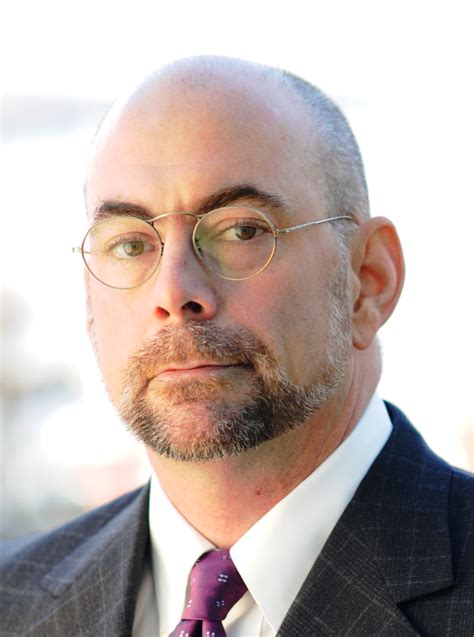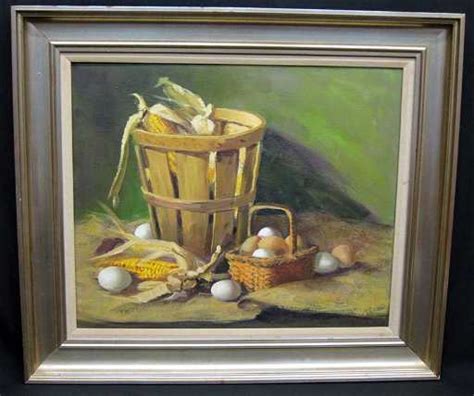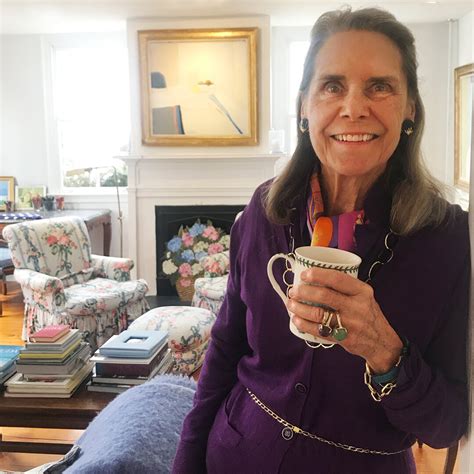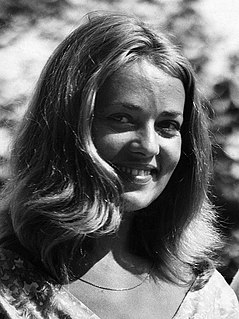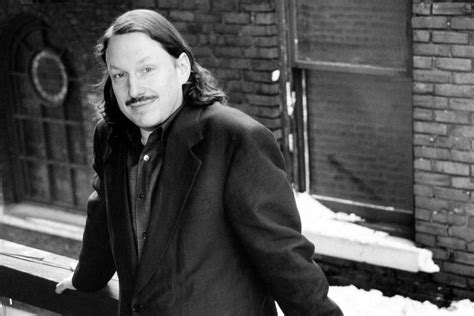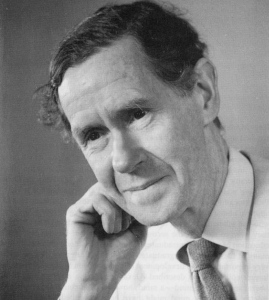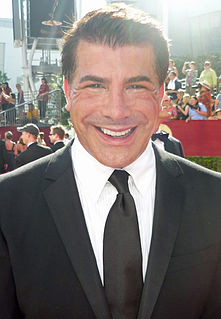A Quote by Donald Antrim
The simple question 'What color do you want to paint that upstairs room?' might, if we follow things to their logical conclusions, be stated: 'How do I live, knowing that I will one day die and leave you?
Related Quotes
I can live with doubt and uncertainty and not knowing. I think it is much more interesting to live not knowing than to have answers that might be wrong. If we will only allow that, as we progress, we remain unsure, we will leave opportunities for alternatives. We will not become enthusiastic for the fact, the knowledge, the absolute truth of the day, but remain always uncertain … In order to make progress, one must leave the door to the unknown ajar.
Jesus offered a single incentive to follow himto summarize his selling point: 'Follow me, and you might be happy-or you might not. Follow me, and you might be empowered-or you might not. Follow me, and you might have more friends-or you might not. Follow me, and you might have the answers-or you might not. Follow me, and you might be better off-or you might not. If you follow me, you may be worse off in every way you use to measure life. Follow me nevertheless. Because I have an offer that is worth giving up everything you have: you will learn to love well.'
TEF is predicated on logic, a simple wager that every human faces:
If a reasoning human being loves and values life, they will want to live as long as possible-the desire to be immortal. Nevertheless, it's impossible to know if they're going to be immortal once they die. To do nothing doesn't help the odds of attaining immortality-since it seems evident that everyone will die someday and possibly cease to exist. To try to do something scientifically constructive towards ensuring immortality beforehand is the most logical conclusion.
We absolutely must leave room for doubt or there is no progress and there is no learning. There is no learning without having to pose a question. And a question requires doubt. People search for certainty. But there is no certainty. People are terrified — how can you live and not know? It is not odd at all. You only think you know, as a matter of fact. And most of your actions are based on incomplete knowledge and you really don’t know what it is all about, or what the purpose of the world is, or know a great deal of other things. It is possible to live and not know.
Right now you can allow yourself to experience a very simple sense of not knowing - not knowing what or who you are, not knowing what this moment is, not knowing anything. If you give yourself this gift of not knowing and you follow it, a vast spaciousness and mysterious openness dawns within you. Relaxing into not knowing is almost like surrendering into a big, comfortable chair; you just fall into a field of possibility.
The best parenting advice I ever got was from a labor nurse who told me the following: 1. After your baby gets here, the dog will just be a dog. 2. The terrible twos last through age three. 3. Never ask your child an open-ended question, such as "Do you want to go to bed now?" You won't want to hear the answer, believe me. "Do you want me to carry you upstairs, or do you want to walk upstairs to go to bed?" That way, you get the outcome you want and they feel empowered.
